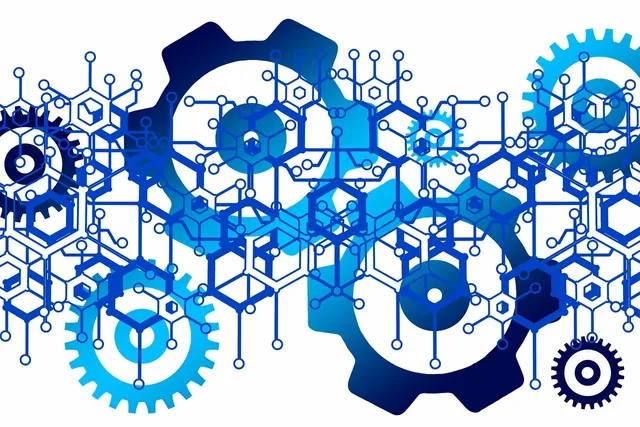EXPLORING BLOCKCHAIN USE CASES IN VOTING AND ELECTIONS
Civic engagement through casting of votes remain a very important aspect in the society. It enables the citizens to elect their leaders, supports governance and influences the policies in place. Nevertheless, the existing voting systems are not without their issues today: prevalence of voter fraud, little accountability and inefficiencies in the counting of votes. These factors can jeopardize the confidence of the citizens regarding the results of the polls and be the cause of disputes rife with conflict. To that end, the potential of Blockchain’s innovative characteristics gives hope to the democracies by exploring the technology for elections.
It is interesting how blockchain voting systems free the voter's ballots from the voting portals once cast. There is also a minimal possibility that the record of the voters who have cast their ballots cannot be changed. In addition, because no single entity has control over the information, it is less vulnerable to hacking or influence, owing to the distributed nature of blockchain technology. This has led to a growing trend that looks beyond the future towards the use of blockchain in elections.
As with any newly introduced application, the systems are relatively new and available technologies are being tested out in a number of countries and organizations. This done in other to prove that it is accessible to everyone, including those who face difficulties voting traditionally.
Implementing blockchain in voting systems helps you enhance security in the voting system. There’s usually risk in the voting system, such as risk of tampering with votes. However, blockchain is immutable in nature, as a result when a vote is recorded it can’t be changed or manipulated.
Blockchain also makes it difficult for malicious actors to alter the result of an election. Each vote is recorded in the blockchain and linked to a previous block, there by forming a chain of secure and transparent records. This helps to ensure that it’s impossible to tamper with a vote.
In addition, the decentralized nature of blockchain ensures that there is no single point of failure. Blockchain distributes the responsibility across different platforms, making it more resistant to attack.
Another important use of blockchain in elections, is that it helps to improve transparency. Most countries lack transparency in their electoral process. Blockchain helps to address this by providing a transparent record of the election process.
All votes are recorded on the blockchain, in a way that the identity of the voters remain anonymous. This level of transparency allows voters and other observers to be able to verify the election results, ensuring that the outcome is accurate.
Blockchain based voting systems also provide visibility to the voting process. Voters can now track their vote to ensure that it is correctly recorded and counted. This helps to increase trust in the system, especially in areas where election fraud and corruption is prevalent.
Blockchain helps to make voting more accessible to voters who face difficulties in participating in the traditional voting system. Individuals with disabilities may find it challenging to physically get to a pooling unit, there by limiting their ability to vote
However a solution is provided by blockchain, as it enables remote voting through a secure digital platform. People can now vote from anywhere in the world, using a mobile device or a computer, without having to go to a pooling unit. There by increasing voter participation.
Also, blockchain helps to facilitate voting for citizens living abroad. Blockchain does this by allowing citizens to participate in elections seculars efficiently regardless if their location, as long as they have a digital device.
The maintenance and implementation of the traditional voting systems is expensive, but with blockchain there is no need for printing ballots, staffing polling units and counting vote, there by reducing the cost of the electoral process.
Also , blockchain helps to streamline the electoral process by removing the need for intermediaries, such as election commissions, or auditors. The blockchain helps to reduce administrative cost, by allowing the voting process to be conducted directly between voters and the blockchain.
Blockchain technology use is very beneficial in the voting process, as it helps to improve security, transparency and accessibility of the voting systems. Using Blockchain technology also helps to reduce the cost of the electoral process, as the need for so much resources are eliminated.



Upvoted! Thank you for supporting witness @jswit.
https://x.com/starrchriz/status/1835266878106702076?t=WJa-D0THexsDjuzOhWfBcQ&s=19
Note:- ✅
KINDLY JOIN PUSSFI DISCORD SERVER FOR MORE DETAILS!
Regards,
@jueco